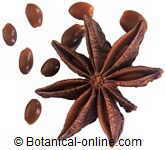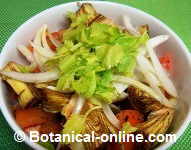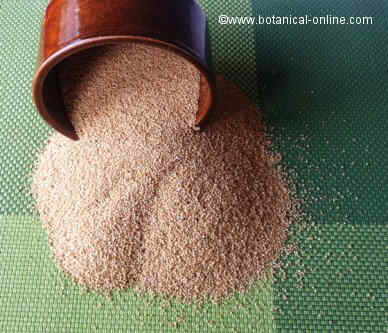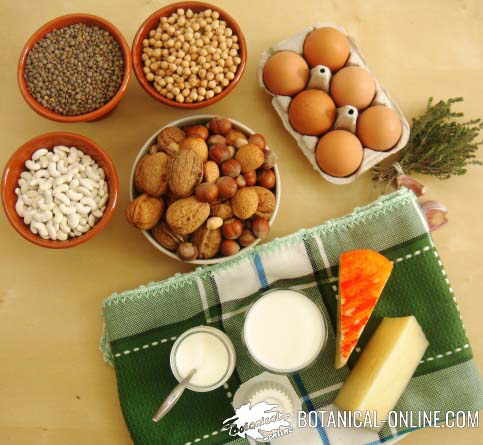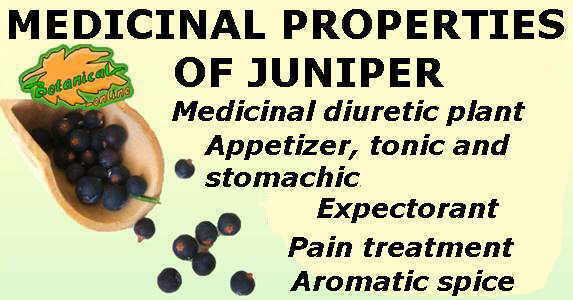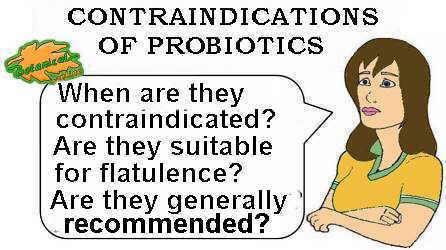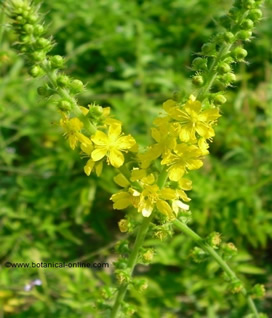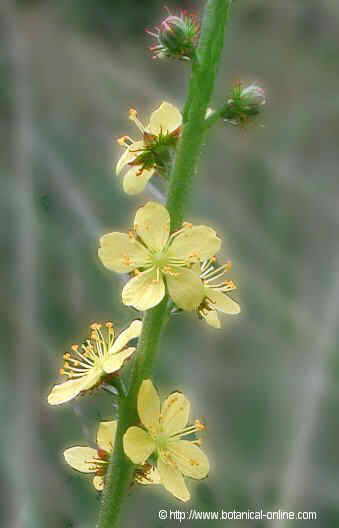Contents
Herbal treatment of vaginal irritation
Phytotherapy. Medicinal plants treatment for vaginal irritation
Phytotherapy in the treatment of vaginal itching involves the use of a number of plants which are intended to:
– Antibiotic plants that help prevent or eliminate infections.
– Anti-inflammatory plants that help to decrease inflammatory irritation.
– Plants that help increase immunity.
How to cure vaginal irritation with medicinal plants?
Of all the plants we can mention:
– Arnica (Arnica montana): Arnica is one of the plants used for the treatment of skin anomalies. For small wounds, eczema of the skin, promotes healing and helps eliminate the itching or pain (Wash the affected area with water resulting from the infusion of one teaspoon of dried plant per cup of water) (Use tincture diluted in water or arnica cream applied externally)
– Calendula (Calendula officinalis and Calendula arvensis) Calendula has antibiotic properties. Its use can prevent the development of infections and help healing. (Wash the genital area with the liquid from a couple of tablespoons of dried plant in a liter of water.)
– Garlic (Allium sativum) Garlic is one of the best antibiotics. It has bactericidal and fungicidal properties, able to kill or inhibit the growth of microorganisms that could be responsible for infections that cause vaginitis. (Eat plenty of garlic)
– Echinacea (Echinacea angustifolia L., Echinacea purpurea Moench, Echinacea pallida) In addition to strengthening defenses, its natural antibiotic ability can be used as a solution or complement to antibiotics. Conventional treatment of vaginal microbial infections. or those that are caused by fungi. (800 mg of echinacea divided into 4 daily doses)
– Goldenseal (Hydrastis Canadensis) Can be taken with the same purpose (500 mg daily divided into 4 doses)
– Pennyroyal(Mentha pulegium) Pennyroyal has more than 20 ingredients with antiseptic properties (menthol, thymol, cineole, carvacrol, sabinene, alpha-pinene, pinene, etc..,), in external use, it can be used to treat itching of the vagina caused by infection or parasites of the pubic area, such as crabs) (Washes with the decoction of 30 g of dried plant per liter of water) (fresh plant scrubbing the affected area)
– Witch hazel (Hamamelis virginiana) Witch hazel is a plant with very prominent anti-inflammatory properties. Soak the affected area with a compress moistened with witch hazel can help reduce itching.
– Holm oak (Quercus ilex) (Washes with liquid from the decoction of dried bark 4 tablespoons per liter of water.)
– Oak (Quercus robur): Very useful in the treatment of vulvitis. (Make vulva baths with the liquid from the decoction of a spoonful of dried bark per cup of water.)
– Sitz baths: Sitz baths with warm water helps relax the irritated area. Any astringent plant can be added to bath water; that will help reduce swelling and lessen the itching. These plants are green tea, yarrow, holm oak, horse chestnut or purple loosestrife.
How to prevent vaginal itching?
Among the main advice would be taken into account to avoid or relieve vaginal irritations we have the following:
– Maintain proper vaginal hygiene: The female genitals should be washed properly with intimate soap to prevent the development of harmful bacteria and fungi. The soap should be used only when you really need it. If you must wash the area frequently, it is better to use only water to respect the natural oils in the area.
Washing is particularly important after a sexual relationship. If anal penetration, contact of the penis with vagina will be prevented if the male organ has not been washed beforehand. The anus contains many bacteria that could easily lead to infection in the vagina.
– Maintain an adequate anal and perineal cleaning: The area of the perineum – the space between the anus and the vagina- must be cleaned properly by preventing water from passing this area to the vaginal area. Hands must be washed with soap after cleaning this area if you want to manipulate the vagina. Water should be directed backwards, to avoid passing from the anus to the vagina and drag the possible germs there.
– Wear loose clothes: too tight clothes, like jeans, may impair ventilation and humidity of vulvar and vaginal area. It is better to wear loose and light clothing.
– Maintain an adequate vaginal lubrication: Especially at menopause, the vagina can get very dry due to a lack of lubrication. The use of a lubricant – better a natural one – can prevent many cases of vaginal irritation during this period or at other times when it needs more lubrication.
– Eat natural foods and reduce food colorings and preservatives and avoid using alcohol or other drugs.

